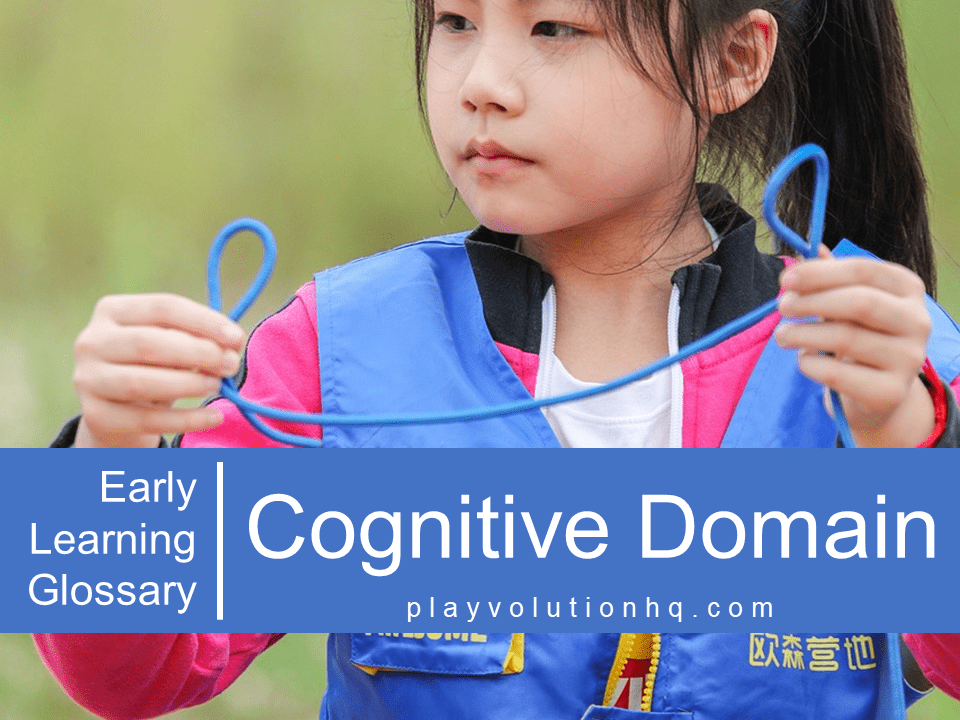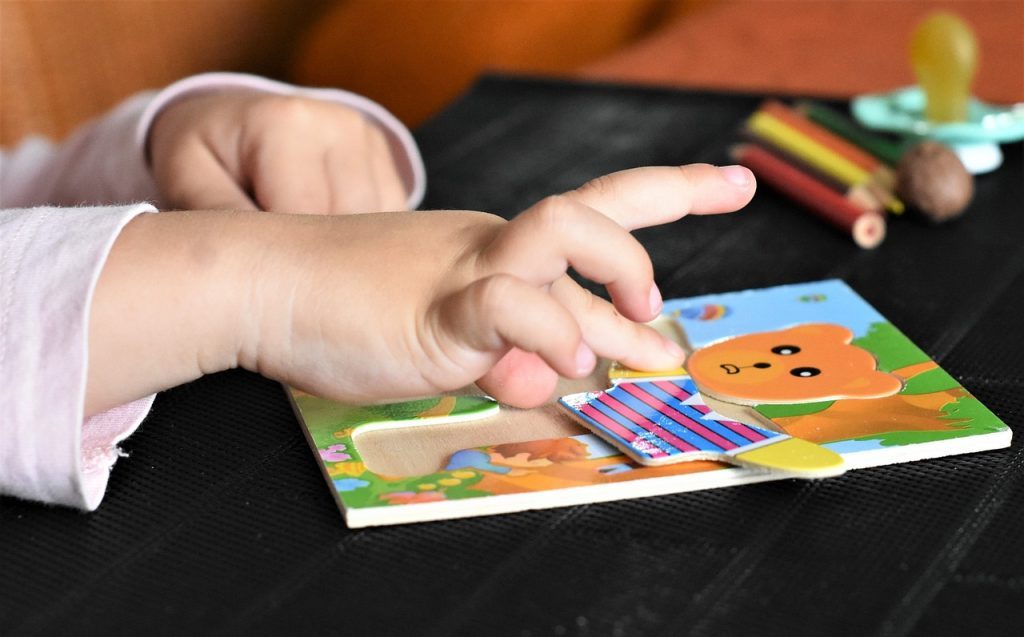
Table of Contents
The cognitive domain involves the development of intellectual skills, problem-solving abilities, and mental processes. It encompasses many brain functions, including memory, attention, reasoning, and language. Cognitive development enables children to identify and resolve challenges by applying logical thinking and reasoning.
Key Components Of The Cognitive Domain
Here are some key components of the cognitive domain:
- Memory–The ability to retain and recall information is crucial for learning. Children develop different types of memory, such as short-term (holding information temporarily) and long-term (storing information over extended periods).
- Attention–Cognitive development involves focusing and sustaining attention on tasks or stimuli. Attention span increases with age and practice.
- Critical Thinking–This includes analyzing, evaluating, and synthesizing information to make decisions or solve problems. Critical thinking skills are essential for navigating the world and academic success.
- Problem-Solving–This involves identifying a problem, determining its cause, considering possible solutions, and finally implementing the one deemed most likely to overcome the problem. 
- Language Skills–The acquisition and development of both receptive (understanding) and expressive (speaking) are fundamental aspects of cognitive growth.

Developmental Milestones In The Cognitive Domain
Here’s a sampling of developmental milestones in the cognitive domain that children typically achieve during early childhood:
Infancy (0-12 months)
- Recognizes familiar faces and voices
- Begins to explore objects with hands and mouth
- Shows interest in simple cause-and-effect relationships (e.g., shaking a rattle to make a sound)
Toddlerhood (1-3 years)
- Uses gestures and words to communicate needs
- Engages in pretend play, such as pretending to feed a doll
- Begins to sort objects by shape and color
- Shows curiosity about how things work (e.g., trying to put together puzzle pieces)
Preschool Age (3-5 years)
- Expands vocabulary and uses more complex sentences
- Shows understanding of basic concepts like size (big/little) and quantity (more/less)
- Follows simple instructions and routines
- Begins to recognize and name letters and numbers
- Engages in simple problem-solving tasks, like figuring out how to stack blocks to build a tower
Early School Age (6-8 years)
- Develops more advanced problem-solving skills
- Understands basic time concepts (morning, afternoon, evening)
- Uses logic to solve simple mathematical problems (e.g., addition and subtraction)
- Reads and comprehends simple texts
- Begins to understand cause-and-effect relationships in more complex situations
These milestones represent general guidelines. It’s important to remember that children develop at their own pace.

Supporting Cognitive Domain Development
Supporting cognitive domain development in children involves encouraging hands-on experiences and opportunities that stimulate their thinking, problem-solving, and intellectual growth. Here are some practical ideas for parents and early learning professionals to support cognitive development:
Encourage Playful Exploration and Discovery
Provide ample time for active, self-directed play and exploration in an interesting and engaging environment full of loose parts, books, art supplies, musical instruments, and other interesting materials.
Promote Language Development
Immerse children in language-rich environments full of books, reading, writing, conversation, and open-ended questions.
Foster Curiosity and Inquiry
Encourage children to ask questions and explore topics of interest. Provide opportunities for hands-on experiments and investigations to satisfy their curiosity.
Model and Encourage Critical Thinking
Discuss real-life problems and encourage children to brainstorm solutions. Help children see different perspectives and consider alternative solutions.
By incorporating these ideas into everyday life, parents and educators can create a nurturing environment that supports cognitive growth and prepares children for life.
Cognitive Domain Wrap-up
Cognitive development paves the way for well-rounded, capable individuals equipped for success in an increasingly complex world. Kids are wired to develop mental skills through self-led play and exploration. Adults can best help by supporting those activities.
Contribute content to Playvolution HQ
Brought to you by Explorations Early Learning
Thoughts On This Entry?
I’d love to hear your thoughts on improving this entry and suggestions for additional glossary additions in the comments below. You can also contact me with comments or concerns.
Browse Trainings
Post Author
Jeff Johnson is an early learning trainer, podcaster, and author who founded Explorations Early Learning, Playvolution HQ, and Play Haven.


Leave a Reply